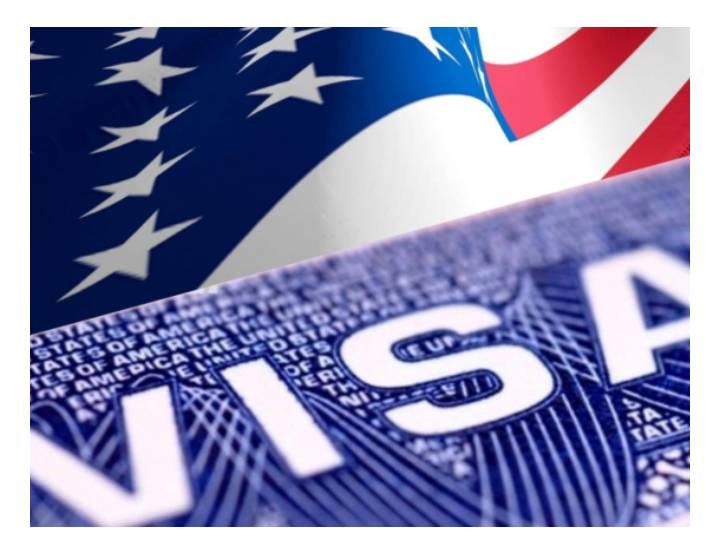U.S. Enacts Visa Restrictions to Support Democracy Ahead of Ghana’s December Election
The United States has announced a new visa restriction policy targeting individuals undermining democracy in Ghana as the country approaches its December 7, 2024, presidential and parliamentary elections. The policy, introduced by Secretary of State Antony J. Blinken, emphasizes the U.S. commitment to a free, fair, and peaceful electoral process in Ghana.
According to the State Department’s press release, this policy is designed to deter individuals engaging in anti-democratic actions. Those found responsible for obstructing the democratic process, including election rigging, intimidation, coercion, or any form of interference with voters' rights to freedom of association and peaceful assembly, will be subject to U.S. visa restrictions. This move aims to curb the manipulation of election outcomes and protect the integrity of democratic procedures.
The U.S. Department of State also underscored that this policy applies specifically to individuals responsible for actions intended to interfere with democracy. It is not directed at the general public or the Ghanaian government. Instead, it serves as a targeted effort to support Ghanaians' aspirations for a transparent and credible election process that genuinely reflects the will of the people.
Further details reveal that the visa restrictions will fall under Section 212(a)(3)(C) of the U.S. Immigration and Nationality Act, which authorizes visa restrictions on individuals believed to be responsible for or complicit in activities threatening democracy. Family members of such individuals may also face restrictions.
The policy outlines actions considered violations, such as election manipulation, the use of violence or threats to suppress political participation, coercion against political parties or the media, and the restriction of civil society organizations from freely expressing their views. These measures highlight the U.S. stance on ensuring an electoral environment free from intimidation, where both citizens and political actors can exercise their rights freely.
This decision comes amid heightened global scrutiny of democratic processes in various nations, with the U.S. reaffirming its support for democratic values in Ghana and worldwide. The U.S. remains prepared to adjust its stance and impose further visa restrictions if the situation requires, reinforcing its commitment to Ghana’s political stability and democratic aspirations.
This policy serves as a preventive measure aimed at safeguarding Ghana's election integrity, underscoring the importance of credible elections that honor the voice of the people.
Source: Myjoyonline.com




No comments yet
Be the first to share your thoughts!